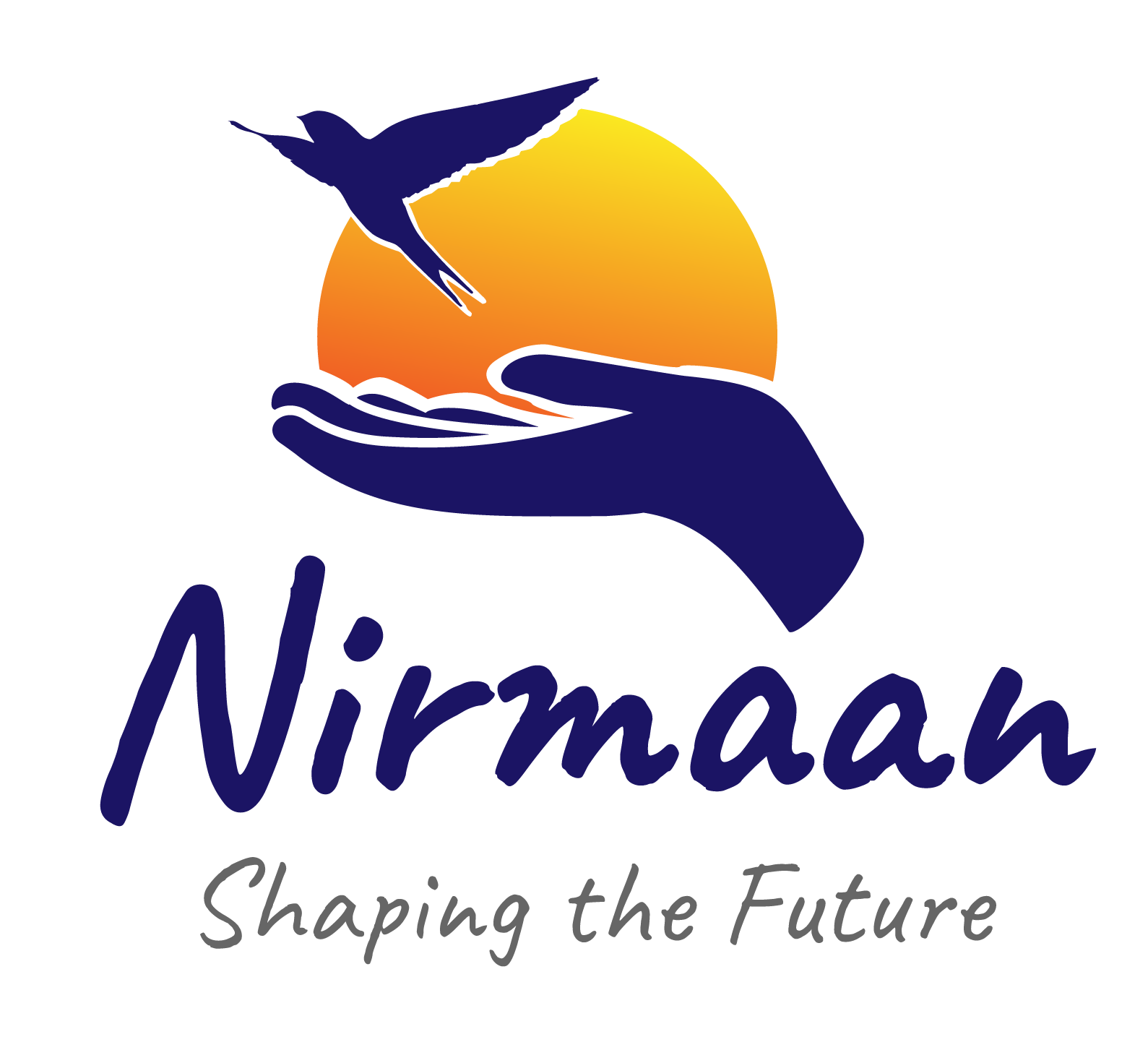Navigating Technology's Impact on Traditional Careers
As we move further into 2025, the interplay between technology and traditional careers becomes increasingly pronounced. Emerging technologies are not merely supplemental; they are reshaping job roles and redefining educational pathways across various established industries. In this blog, we will explore how this intersection is influencing the workforce and what it means for future career prospects.
The Rise of Emerging Technologies
Technologies such as artificial intelligence (AI), machine learning, blockchain, and data analytics are revolutionizing how industries operate. These advancements are streamlining processes, enhancing productivity, and creating new opportunities. For example, in healthcare, AI-driven diagnostics are improving patient outcomes, while in finance, blockchain is transforming transaction security.
Transforming Job Roles
As these technologies become integrated into established sectors, job roles are evolving. Professionals in traditional fields must adapt to new tools and methodologies. For instance, manufacturing jobs now often require knowledge of robotics and automation, while marketing professionals are increasingly expected to harness data analytics for targeted campaigns.
Redefining Educational Paths
With the shift in job roles comes a transformation in educational requirements. Many traditional degree programs are now incorporating technology-focused courses. Educational institutions are responding by offering specialized programs that blend industry knowledge with technological skills. This ensures that graduates are well-prepared to enter an evolving job market.
Skills for the Future
To thrive in this new landscape, professionals must cultivate a blend of soft and hard skills. Critical thinking, adaptability, and emotional intelligence remain essential, but technical skills in data analysis, coding, and digital marketing are increasingly crucial. Lifelong learning is becoming the norm, with professionals encouraged to continuously update their skill sets to remain competitive.
The Importance of Collaboration
As industries evolve, collaboration between technology experts and traditional professionals becomes vital. Cross-disciplinary teams can leverage diverse skill sets to innovate and solve complex problems. Encouraging a culture of collaboration fosters an environment where traditional knowledge meets new technological insights, driving industry advancements.
Conclusion
Navigating the intersection of technology and traditional careers is imperative for both current professionals and students entering the workforce. By embracing change, adapting to new technologies, and rethinking educational paths, individuals can position themselves for success in an increasingly digital world. As we look ahead, the fusion of technology and traditional industries will continue to shape the future of work, creating exciting opportunities for those ready to embrace the challenges ahead.



Leave a Comment
To post comment, please